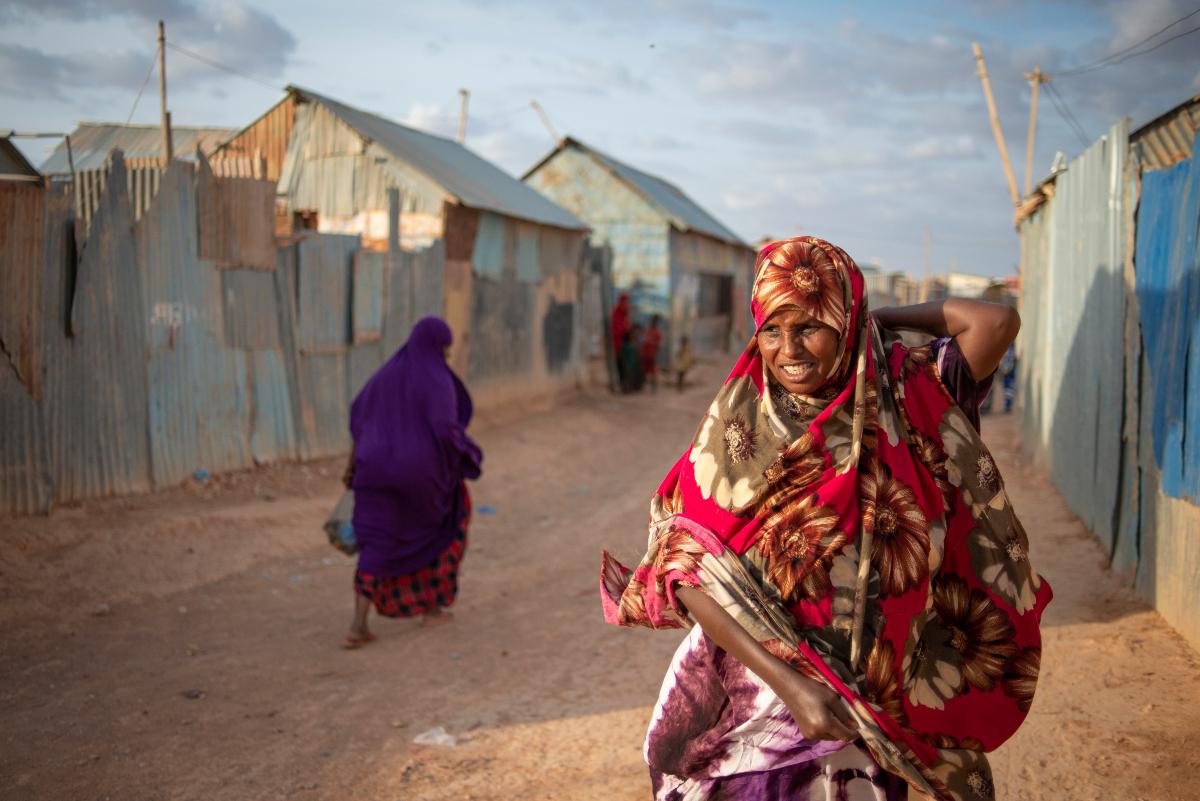New York, 29 September, 2021 – A report by UN Secretary-General’s High-Level Panel on Internal Displacement offers the best hope to reverse the growing global crisis with its recommendations for an increase in development programming, says the United Nations Development Programme (UNDP).
In the report, Shining a Light on Internal Displacement: A Vision for the Future, presented today to the United Nations Secretary-General Antonio Guterres, the Panel calls for a shift to a development approach anchored in national ownership and governance that recognizes internally displaced people as citizens with rights.
“A development approach is needed so that future displacement crises are prevented, that those currently displaced are protected and integrated into the communities that host them, and that forcibly displaced people can safely return home or be resettled,” says Asako Okai, UN Assistant Secretary-General and Director, UNDP Crisis Bureau.
UNDP submissions to the High-Level Panel included the research document, Towards Development Solutions to Internal Displacement: A Political Economy Approach, produced with the School of Oriental and African Studies (SOAS), University of London, and From Durable Solutions to Development Solutions: What Role for Development Actors in Addressing Internal Displacement?
There were about 55 million internally displaced people at the end of 2020 as a result of wars, violence, persecution, and human rights violations, as well as natural and human-made disasters, according to IDMC. That number has doubled over the last 25 years and many people have been displaced for years or even decades.
Internally displaced people often face hardship, marginalization and suffer violations of their human rights. For many countries, the COVID-19 pandemic and climate change impacts have worsened in complexity and scale the challenges of managing displacement situations.
The High-Level Panel’s report draws on efforts from across humanitarian, development and peace organizations, as well as interviews with more than 12,500 people affected by internal displacement.
Many of its recommendations need urgent implementation, such as appointing a Special Representative of the Secretary-General (SRSG), or similarly a high-level UN official, to drive through the required change. UNDP also welcomes a proposed Global Fund to support nationally owned plans on internal displacement. Existing and new resources should be invested in national (including private sector) systems to reduce humanitarian dependency.
UNDP stands ready to assist with an immediate, high-level, follow-up mechanism to maintain the momentum and develop a global implementation plan with national ownership and development solutions at the centre.
The Panel calls for a greater role for development actors, and UNDP believes it can contribute through its long-term engagement with national and local governments, justice, security and human rights actors, other UN agencies, the private sector and civil society, as well as with internally displaced people themselves and their communities.
For Media Queries:
UNDP New York - Aimee Brown, Communications Specialist, email: aimee.brown@undp.org
About UNDP
UNDP is the leading United Nations organization fighting to end the injustice of poverty, inequality, and climate change. Working with our broad network of experts and partners in 170 countries, we help nations to build integrated, lasting solutions for people and planet.

 Locations
Locations